What is Spice, the drug ravaging UK prisons?
Synthetic drug banned in 2009 linked to chaos in UK prisons
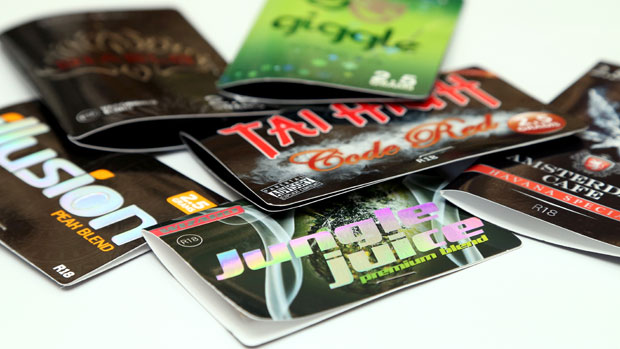
A free daily email with the biggest news stories of the day – and the best features from TheWeek.com
You are now subscribed
Your newsletter sign-up was successful
A new Channel 4 documentary Prison is sparking renewed interest in the shocking extent of drug use in British jails.
One inmate interviewed for the programme said the drug was “a free buzz” and compared the experience of taking spice to “being in a coma”. The documentary showed inmates who had been spiked with the substance becoming zombie-like and unresponsive.
The dangers of spice have also made headlines outside prisons. In 2015, five Lancaster University students were hospitalised after taking the drug.
The Week
Escape your echo chamber. Get the facts behind the news, plus analysis from multiple perspectives.

Sign up for The Week's Free Newsletters
From our morning news briefing to a weekly Good News Newsletter, get the best of The Week delivered directly to your inbox.
From our morning news briefing to a weekly Good News Newsletter, get the best of The Week delivered directly to your inbox.
Here is everything you need to know about spice:
What is Spice?
Spice is a plant-based mix which has been coated with synthetic chemicals. This process turns it into a synthetic cannabinoid containing the same active chemical as cannabis. It is either smoked, or drunk like a herbal tea.
When did it appear?
A free daily email with the biggest news stories of the day – and the best features from TheWeek.com
It was launched in the UK in 2004 and distributed via the internet. Initially, it was sold legally, but it was reclassified as a class B drug in 2009, one of several cannabis-type substances outlawed that year. According to the drugs advice website Talk To Frank, other names for cannabis substitutes include Hawaiian Haze, Bombay Blue Extreme and Blue Cheese.
What effects does it have?
Spice's effects are similar to cannabis, making users feel happy and relaxed. It can also spark paranoia. However, its effects are typically much stronger than cannabis. In some cases, users experience vomiting, extreme agitation and psychotic episodes including hallucinations and heart attacks.
How big of a problem is it in prisons?
One moment in the Channel 4 documentary Prison, which was filmed at HMP Durham, shows nurse Paul Hazel telling an interviewer about days when up to nine prisoners were made comatose by a synthetic substance known as spice, according to The Northern Echo.
A serving prison officer at HMP Holme House in County Durham told Sky News that many of the safety incidents staff deal with are due to the circulation of the synthetic cannabinoid.
But measures are already being taken to counter the influx of Spice. HMP Holme House has become the nation’s first drug recovery prison with a dual focus on preventing drugs from entering the jail while providing better support for prisoners who want to kick the habit. Drug search teams and sniffer dogs are being implemented at the prison full-time as well. Before the introduction of a dedicated Drugs and Crime Reduction Unit (DCRU), spice was responsible for about a dozen overdoses a day at the prison. “You’d have maybe three in the first half hour of the day and then between six and 10 the rest of the day,” the officer said. “But after the DCRUs, we get two or three-a-day, max.”
-
 Local elections 2026: where are they and who is expected to win?
Local elections 2026: where are they and who is expected to win?The Explainer Labour is braced for heavy losses and U-turn on postponing some council elections hasn’t helped the party’s prospects
-
 6 of the world’s most accessible destinations
6 of the world’s most accessible destinationsThe Week Recommends Experience all of Berlin, Singapore and Sydney
-
 How the FCC’s ‘equal time’ rule works
How the FCC’s ‘equal time’ rule worksIn the Spotlight The law is at the heart of the Colbert-CBS conflict
-
 Cannabinoid hyperemesis syndrome: a rare health complication putting chronic cannabis users at risk
Cannabinoid hyperemesis syndrome: a rare health complication putting chronic cannabis users at riskThe Explainer The illness is sending some chronic marijuana users to emergency care for painful persistent vomiting
-
 Cannabis tops alcohol in daily US consumption
Cannabis tops alcohol in daily US consumptionSpeed Read For the first time in U.S. history, daily cannabis users have outpaced daily drinkers
-
 What reclassifying cannabis could change
What reclassifying cannabis could changeThe Explainer The Biden administration's move to change marijuana from a Schedule I narcotic to Schedule III could reshape the pot landscape even if it doesn't mean full federal legalization
-
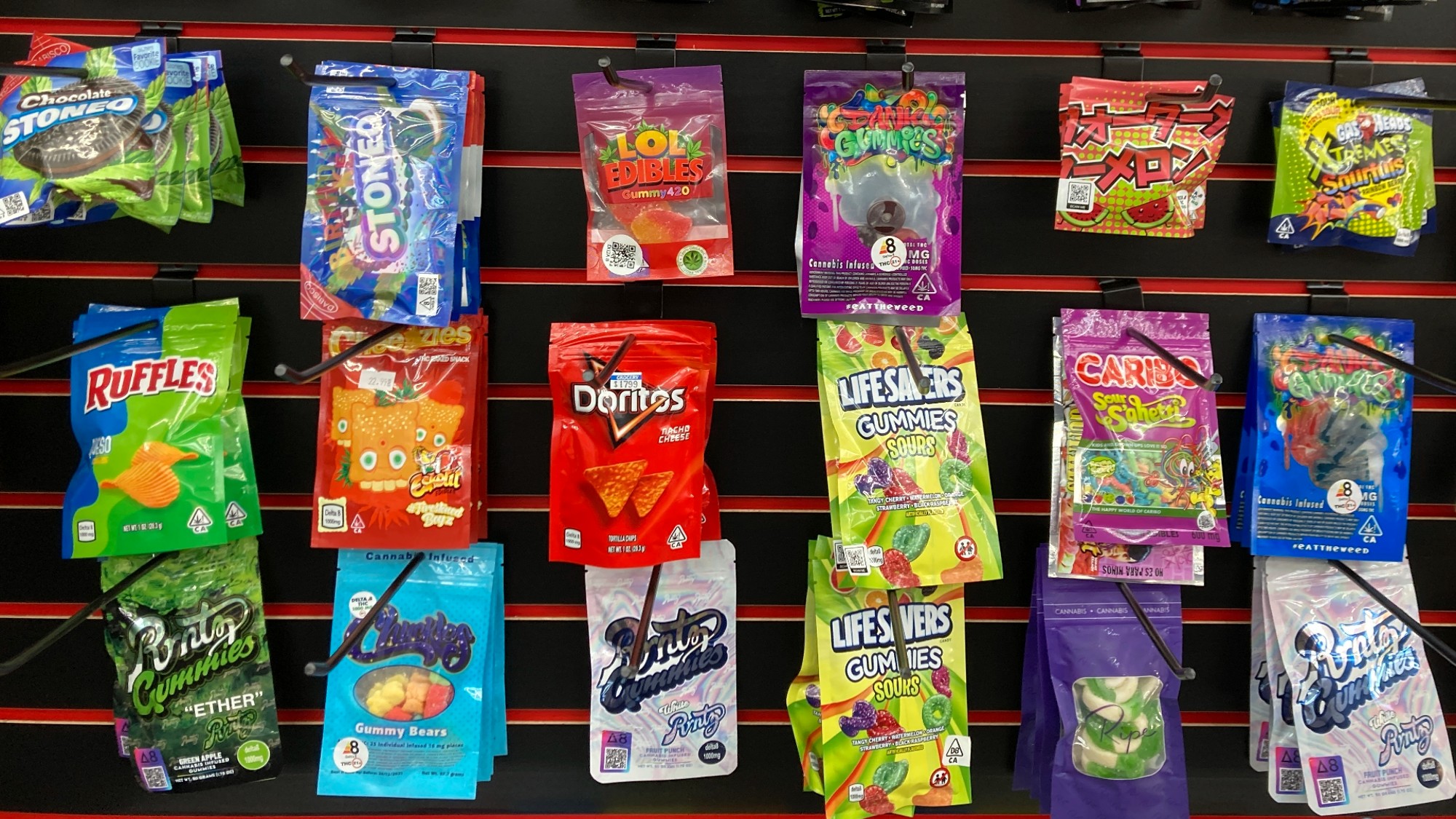 The lows of an unregulated high: Teens are using marijuana alternative delta-8
The lows of an unregulated high: Teens are using marijuana alternative delta-8In the Spotlight More than 1 in 10 high school seniors have reported using the substance, which contains concentrated THC
-
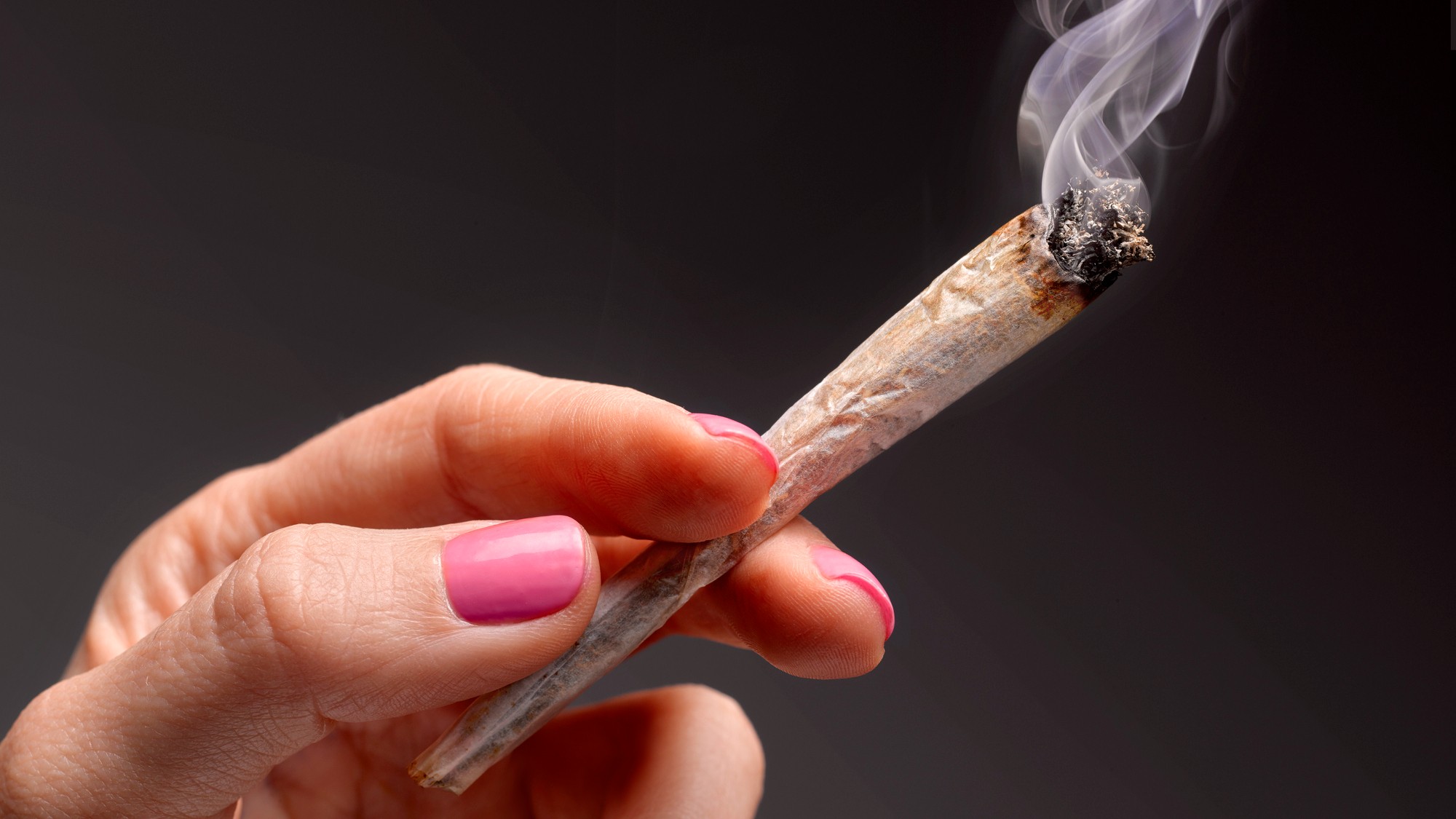 Marijuana use associated with heart attack and stroke
Marijuana use associated with heart attack and strokeSpeed Read Two new studies point to an increased risk of cardiovascular problems
-
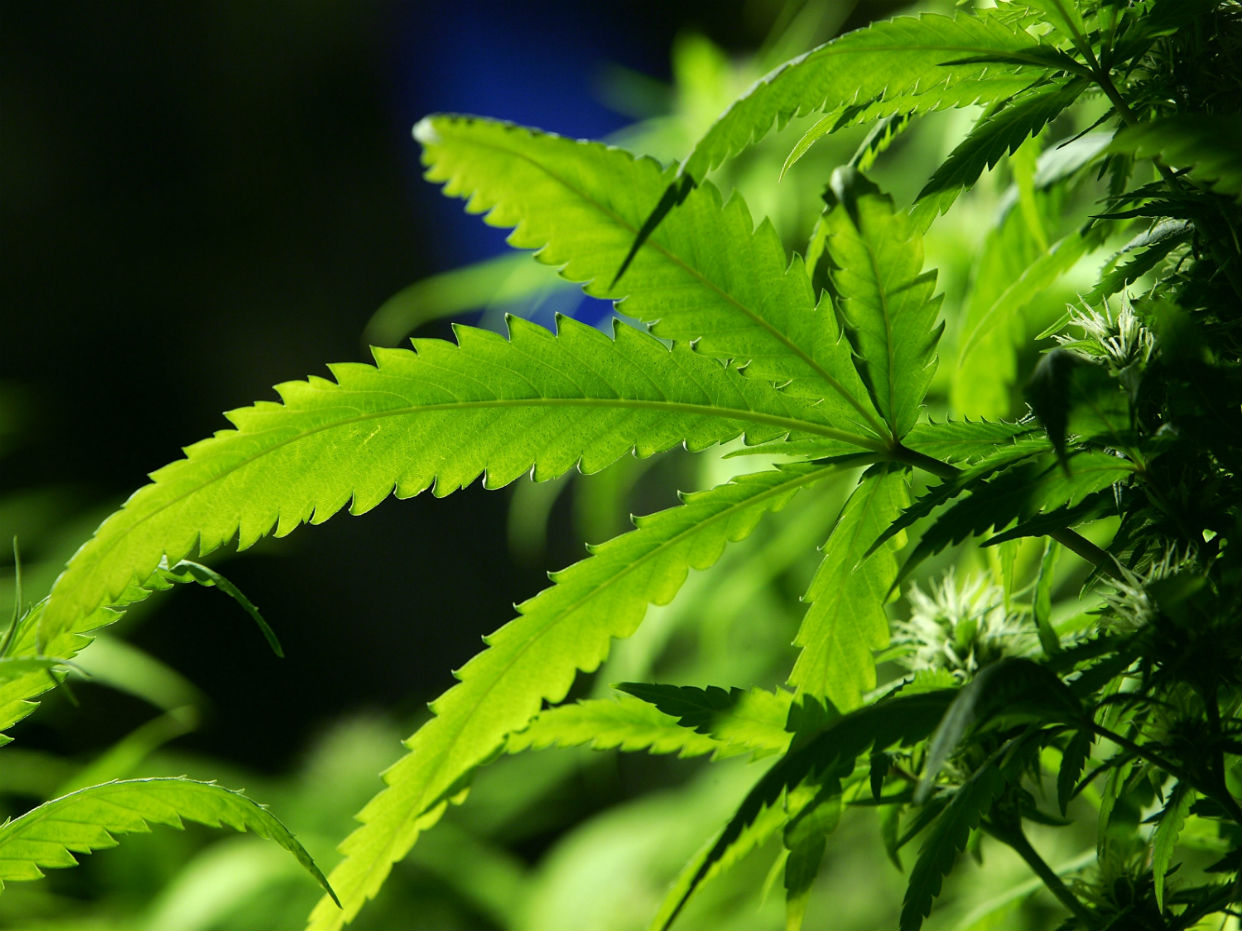 The cannabis-based medicines approved for use on NHS
The cannabis-based medicines approved for use on NHSIn Depth Charities welcome new epilepsy and MS drugs but criticise watchdog over ‘massive missed opportunity’ to treat other conditions
-
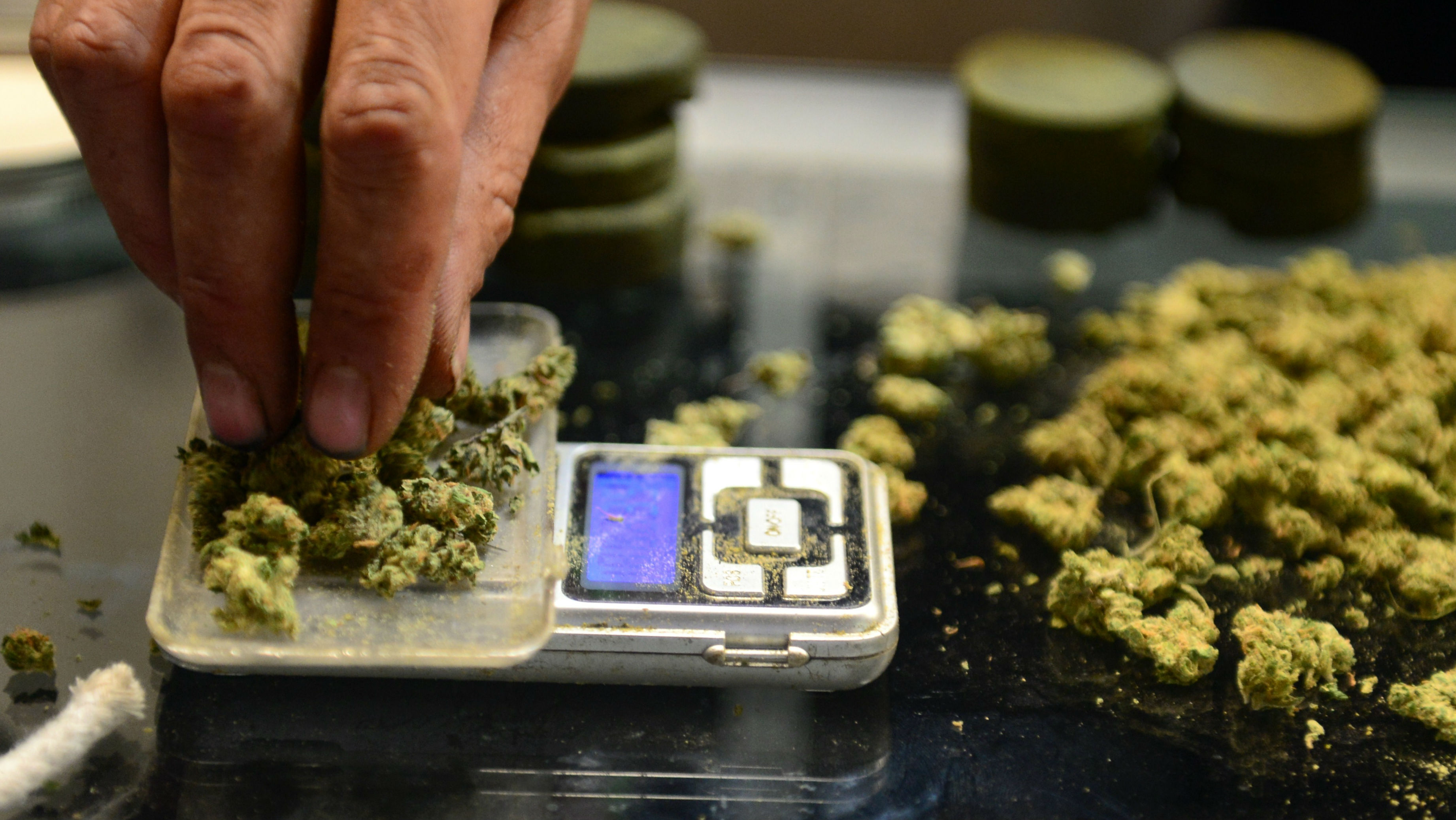 Medical cannabis trial to target 20,000 UK patients
Medical cannabis trial to target 20,000 UK patientsIn Depth Project Twenty21 will test seven medical conditions including chronic pain
-
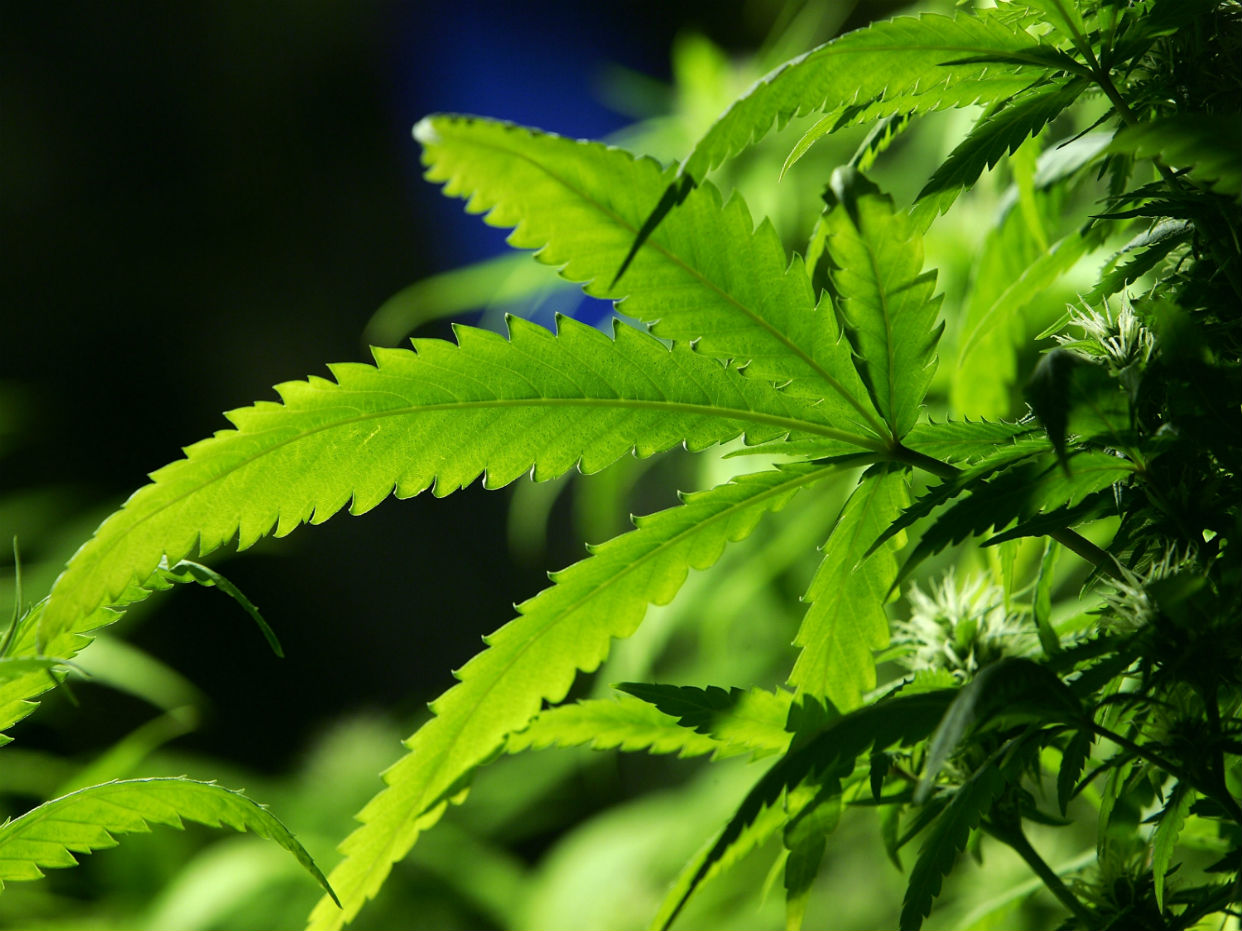 Medicinal cannabis ‘does not help depression and anxiety’
Medicinal cannabis ‘does not help depression and anxiety’Speed Read New research review suggests use of the drug can worsen psychotic symptoms